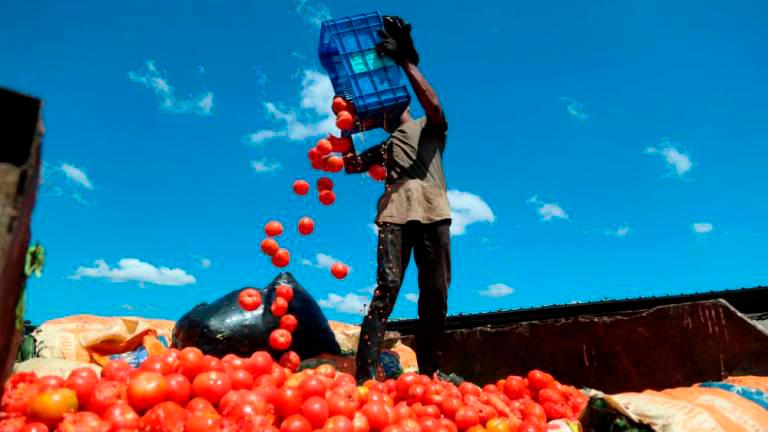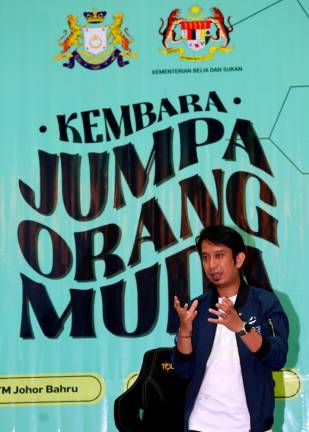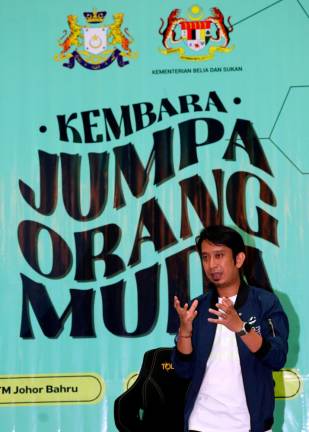PETALING JAYA: Malaysia is a gourmet’s heaven. Thanks to the nation’s multi-cultural make-up, food choices are endless.
Unfortunately, this abundance has also nurtured a bad habit among Malaysians - we hardly finish what we have on the plate.
According to the Solid Waste and Public Cleansing Management Corporation, we discard an average of 16,667.5 tonnes of food daily. That is enough to feed more than three million people.
This food waste culture has become synonymous with the Malaysian culture. From the mamak stall to buffet line, large quantities of food is served, never to be eaten.
Ironically, in a country blessed with so much, hundreds of thousands go hungry every day.
The economic fallout caused by the Covid-19 pandemic has only exacerbated the situation. Many have lost their jobs. For them and those in the B40 group - the 40% of Malaysians who are at the lowest-income bracket - getting three square meals a day has become more difficult, if not impossible.
Sadly, as dietician Farah Farhanah Hashim told theSun, a lot of food is wasted for petty reasons. “Some people refuse to eat whatever is served just because it looks dull.”
Others take a lot more than they can possibly stomach, particularly at buffet lines.
While many eateries give away prepared but uneaten food to the poor, some, like hospitals, do not for fear of passing infections to others.
Patients also waste a lot of food. Farah said half of all patients at her hospital have a tendency to refuse the food just because of the way it looks.
On the bright side, there are many who have made the effort to cut down on food waste.
At Farah’s hospital, uneaten food is recycled into compost and sold as fertiliser.
Malaysian Food and Beverages Association president Hisham Tan Abdullah said there have been several initiatives by players in the hospitality sector to curb food waste.
Instead of throwing away excess food, hotels are giving it away to non-governmental organisations, and it is now being done in a very organised manner.
“The NGOs have their own centralised packaging facility and distribution networks. The food is distributed to orphanages or the homeless,” Tan said.
Even fast-food chains such as KFC and McDonald’s have their own programmes to feed the homeless.
“They do not simply discard food, and to ensure safety, they have their own quality checks,” Tan added.
At Pertiwi Soup Kitchen, founder Datuk Munirah Abdul Hamid said there is a database to record food taken by individuals. “Based on that database, we serve just enough so that the food is not wasted.”
Another step Pertiwi has taken to curb food waste is to take only items that have a longer shelf life. “We do not want our clientele, especially the elderly, to fall ill after eating our food,” Munirah added.
For businesses and individuals alike, making the effort to cut down on food waste will bring many benefits. Money is saved and it is good for the environment.
As Tan suggested, hotels and restaurants could reduce the variety and raise the quantity of food at buffets to cut down on wastage.
“Prepare 30 to 40 varieties of high-quality dishes. For instance, Malaysians love salmon and big prawns and are less likely to waste it,” he said.
As dietician Farah pointed out, all that is needed is better planning.
“Cook more at home, plan your menu, don’t do impulse purchases, and more importantly, do not simply buy when you are hungry. Your decision could result in food waste,” she added.










